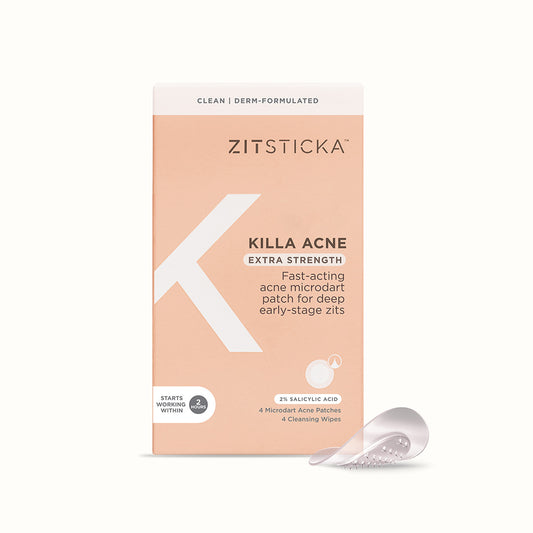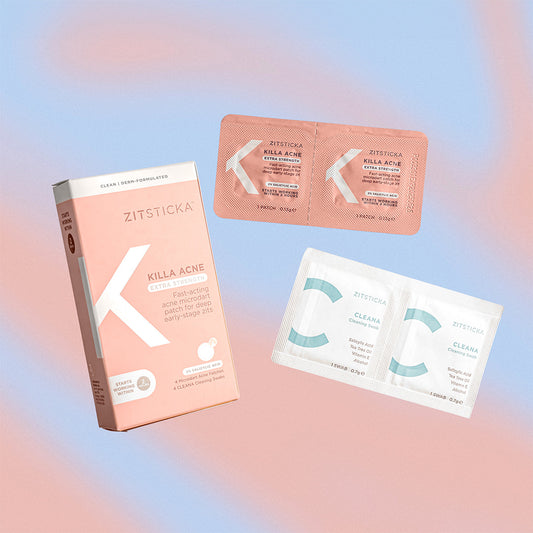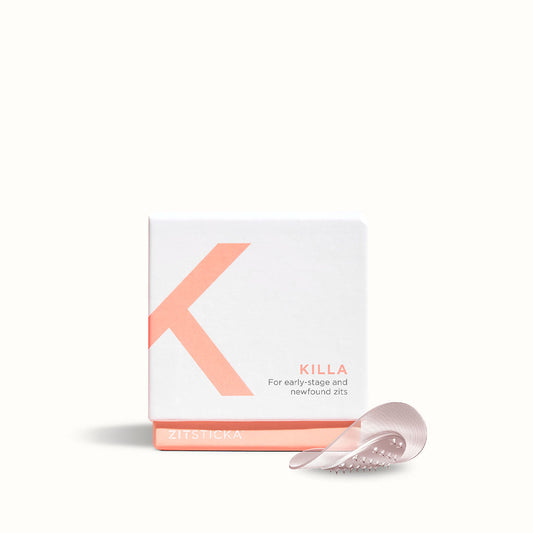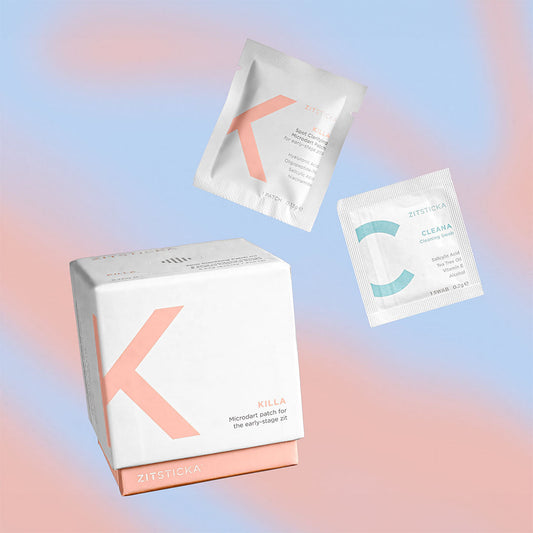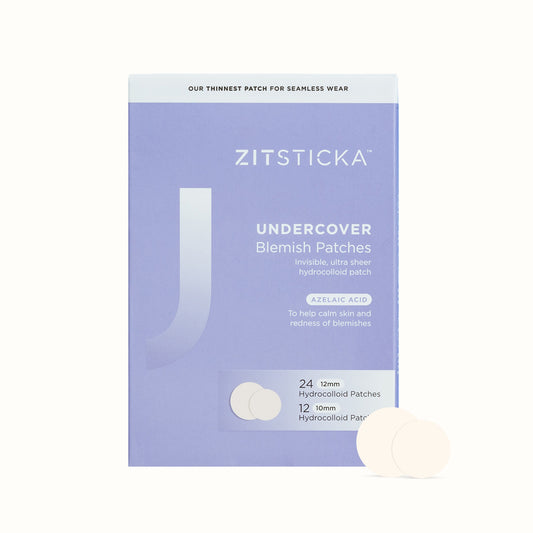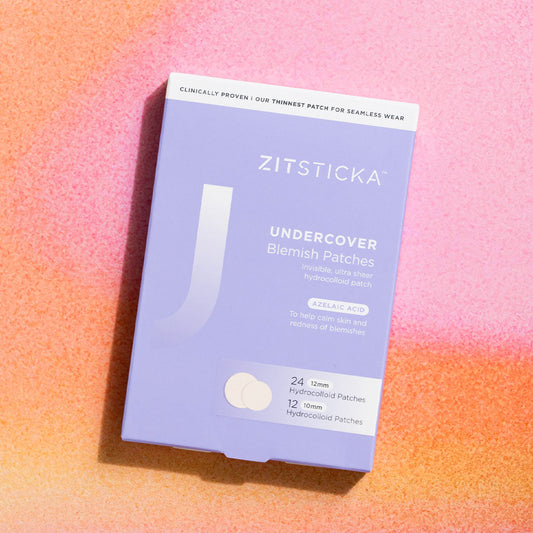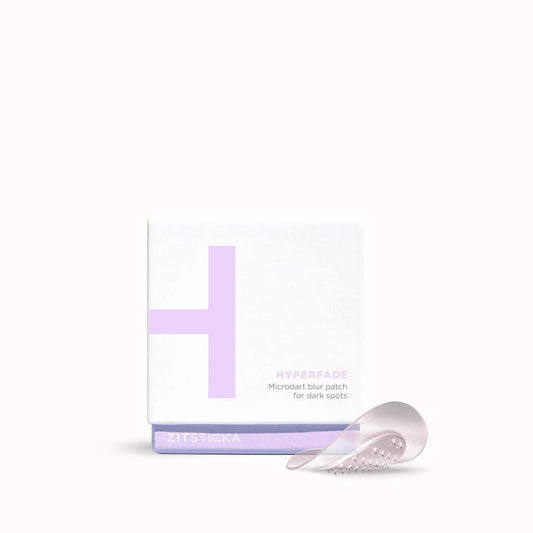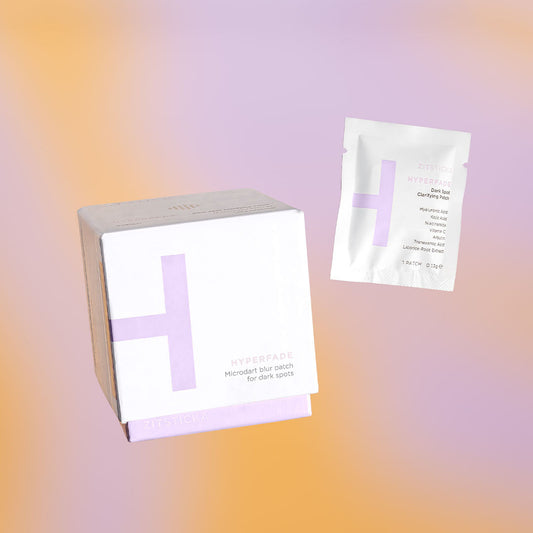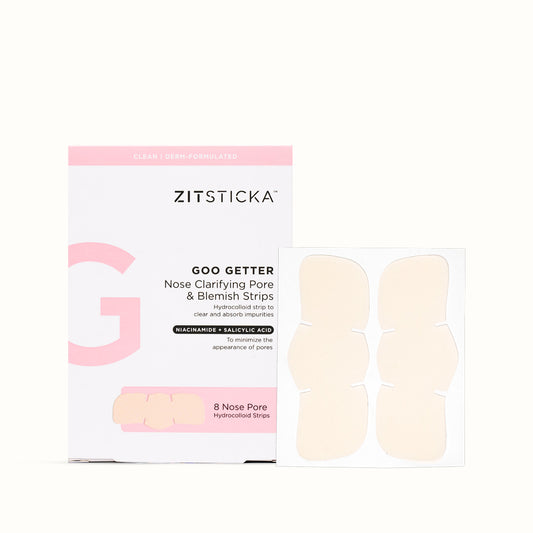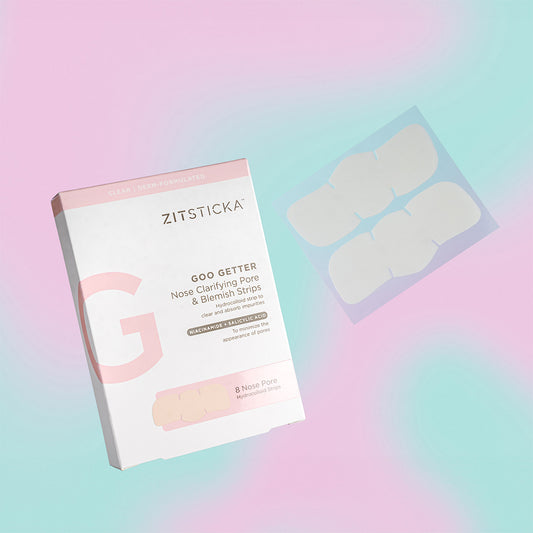Hearing the words ‘skin health’, your mind would be forgiven for conjuring up images of ‘gram-worthy beauty cabinets littered with expensive products and advertisements featuring woefully unattainable glow-y skin. In our product-obsessed world, there’s nary a thought for the more humble pathways to healthy skin. The spotlight has been hogged by creams and serums that burn a hole so big in your pocket you’d assume they were formulated using the tears of a baby angel.
Today, I’m here to act as the mouthpiece for the less flashy, but just as important
Today, I’m here to act as the mouthpiece for the less flashy, but just as important cousin to products: Vitamins! These teeny ingestibles will ensure that your skin feels as happy as your friendly neighborhood yogi does after a month of #wanderlusting in Bali.
There was a period in time when I was chomping down so many vitamins that my boyfriend bought me a pill dispenser to house them all in. Usually reserved for geriatric patients, his gift was partly in jest, but mostly as a very practical way to help this newfound vitamin fiend. I’ve since whittled down the vitamins I take to a much more civil level—regrettably making my dispenser redundant in the process—but my time drinking the vitamin kool aid means that I have tried and tested a lot of the most-hyped vitamins in the skincare world. The best of which I’ve outlined below…
Zinc
Taken orally or applied topically, zinc is just as proficient at fighting acne as it is blocking harmful UV rays when smeared across noses at the beach. The handy mineral decreases oil production in the skin and can help to protect against bacterial infection and inflammation. Note: You only need small amounts of zinc in your body (up to 30 milligrams). The well-worn phrase ‘too much of a good thing’ definitely applies to zinc: Higher amounts of zinc may be harmful to the body.
If you’d rather imbibe your zinc the good ol’ fashioned way, turn to almonds, cashews, milk, yogurt, oats, prawns, oysters, beef, chicken and chickpeas. However, keep in mind the body can only absorb 20-40% of the zinc present in foods (animal sources are more readily absorbed), and supplementing yields greater and more direct absorption. Zinc can also not be stored in the body, supplies must be replenished daily.
Omega 3
Not only do the essential fatty acids in Omega 3 fish oil help the skin by soothing the body’s inflammatory response to excess sebum and bacteria, they can also assist in regulating acne-causing hormones, such as testosterone and androgen.
If you’re looking for an Omega 3 supplement to help with hormonal acne, reach for ones that contain the highest levels of EPA and DHA. These two essential fatty acids have been shown to help regulate hormones and calm inflammation, and as such should be considered your new BFFs.
Probiotics
Probiotics are worth the hype. Unless you have a (rare) superhuman microbiome (the collection of microorganisms inhabiting your gut), it’s difficult to get all the probiotics you need from your diet alone. There are many things that can compromise the balance of bacteria in your microbiome, and taking a probiotic supplement can help to fix those imbalances. This leads to a happy gut and a healthy immune system, and in turn, healthier skin. Strains with the most skin-enhancing evidence stacked beside them include lactobacillus and bifidobacterium.
Vitamin B-3 (niacin)
Vitamin B-3 is a very effective anti-inflammatory that can be used to help with epidermal barrier function, aging skin, pigmentary disorders and for use on acne-prone skin, and is therefore highly deserving of a spot on your bathroom shelf.
Vitamin B-5 (pantothenic acid)
Vitamin B-5 is incredibly effective in treating acne, as it works at the first stage of acne formation. Vitamin B5 reduces oil production of the sebaceous glands, increasing coenzyme A (the thing in our bodies responsible for metabolizing fats), which in turn increases the breakdown of oils. Our new lord and savior vitamin also helps wounds heal faster (by making cells multiply faster then helping those cells form new skin layers), improves skin barrier function, and helps to reduce irritation and inflammation of the skin.

